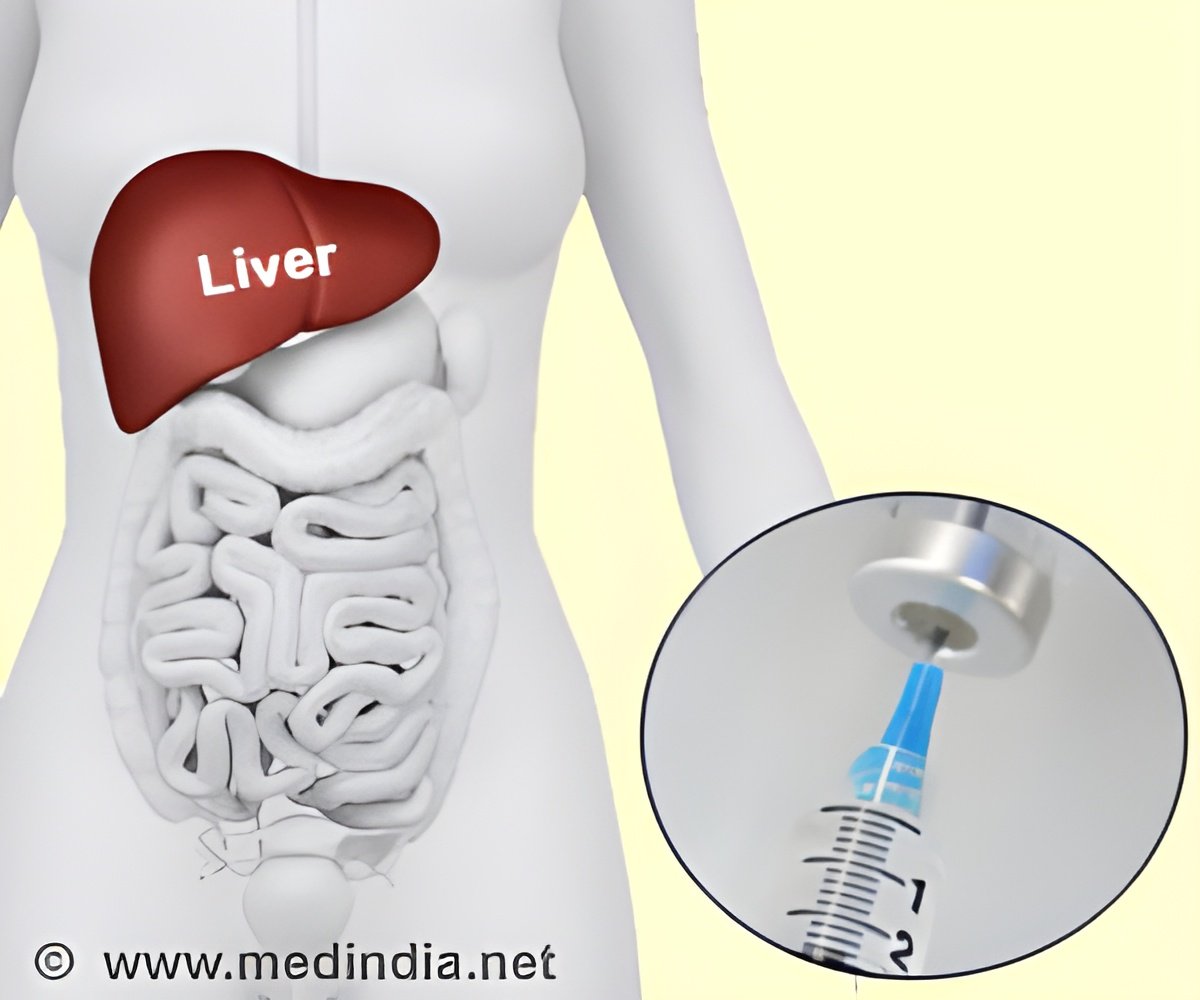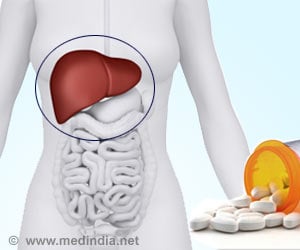Antiviral drug entecavir helps lower incidence of hepatitis B virus-related hepatitis and HBV reactivation among patients with lymphoma undergoing a certain type of chemotherapy.

He Huang, M.D., of the Sun Yat-sen University Cancer Center, Guangzhou, China, and colleagues randomly assigned 121 patients seropositive for the hepatitis B surface antigen with untreated diffuse large B-cell lymphoma receiving chemotherapy treatment with rituximab, cyclophosphamide, doxorubicin, vincristine, and prednisone (R-CHOP) to either entecavir (n = 61) or lamivudine (n = 60). Patients received these drugs beginning 1 week before the initiation of R-CHOP treatment to 6 months after completion of chemotherapy. The study was conducted from February 2008 through December 2012 at 10 medical centers in China. This trial was a substudy of a parent study designed to compare a 3-week with a 2-week R-CHOP chemotherapy regimen for untreated diffuse large B-cell lymphoma.
The date of last patient follow-up was May 25, 2013. The researchers found that the rates were significantly lower for the entecavir group vs the lamivudine group for hepatitis (8.2 percent vs 23.3 percent), HBV-related hepatitis (0 percent vs 13.3 percent), HBV reactivation (6.6 percent vs 30 percent), delayed hepatitis B (0 percent vs 8.3 percent), and chemotherapy disruption (1.6 percent vs 18.3 percent).
Of the patients in the entecavir group, 24.6 percent experienced treatment-related adverse events, compared to 30.0 percent of patients in the lamivudine group.
The authors note that because entecavir is more expensive than lamivudine, further studies are needed to determine whether all patients seropositive for the hepatitis B surface antigen who receive rituximab-based immunosuppressive therapy should be given entecavir to prevent HBV flares and to determine which patients will benefit most from entecavir prophylaxis.
"If replicated, these findings support the use of entecavir in these patients."
Editorial: Reactivation in Patients Receiving Rituximab-Based Chemotherapy for Lymphoma
"For HBV carriers as well as patients with cleared HBV infection, entecavir prophylaxis can be recommended to reduce the rate of HBV reactivation and hepatitis. For patients unable to receive antiviral prophylaxis, HBV DNA viral loads must be closely monitored during and after completion of chemotherapy. A more nuanced approach may be possible, in which patients at low risk for HBV reactivation can be identified and preferentially followed up with surveillance alone, such as those who are seropositive for both the core antibody and surface antibody. The answer to this question warrants ongoing investigation, as does the definition of the optimal duration of prophylactic antiviral therapy. The screening for and management of patients infected with HBV who receive chemotherapy should be viewed as nothing less than optimal care of patients with lymphoma."
Source-Newswise
 MEDINDIA
MEDINDIA




 Email
Email










